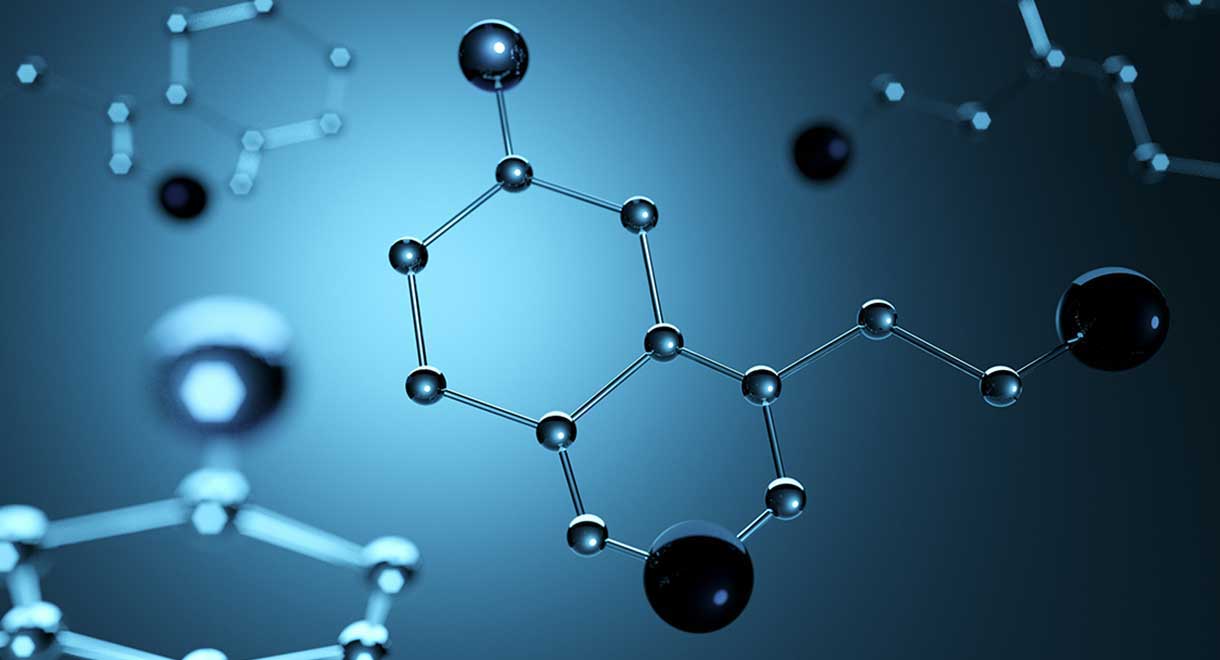Serotonin Deficiency Syndrome
Tryptophan is an essential amino acid. Twenty amino acids are necessary for protein synthesis. Eleven can be synthesized by the human body and nine must be obtained from the diet. Tryptophan is one of the essential amino acids that is not produced by the body but rather must come strictly from the diet.
L-tryptophan, in large amounts, can be a natural sedative. It is found in large quantities in turkey meat, causing people to think this is the reason they are sleepy after a Thanksgiving feast.
Serotonin – What is it?
Tryptophan converts to the chemical serotonin in the brain. So serotonin is made in the brain from the amino acid tryptophan. This conversion requires various nutrients including magnesium and B vitamins. When it comes to our moods and the way that we generally enjoy the pleasures of life, the most important chemical in our brain is serotonin.
What do we need serotonin for?
Serotonin is the neurotransmitter that is responsible for our feelings of wellbeing. It is a remarkable brain messenger and adequate amounts of serotonin are required for:
- Stable moods
- Appetite control
- Feelings of happiness, contentment, relaxation
- Concentration, fatigue
- Proper sleep and healthy libido
- Regulation of appetite, usually reducing it
- Prevention of premenstrual syndrome
- Prevention of headaches
- Control of anxiety and depression
- Promoting positive thinking and self esteem
Depleted serotonin levels is what has become known as the serotonin deficiency syndrome. The production of serotonin in the brain may be reduced by advancing age, unhappy life events and stress, lack of exercise, nutritional deficiencies, lack of exposure to sunshine, hormonal changes of menopause, genetic factors, etc.
The serotonin deficiency syndrome is an increasingly common disorder and is observable in a collection of emotional as well as behavioural problems, such as compulsive gambling.
How can serotonin levels be increased?
Modern day antidepressant drugs exert their effect because they increase the levels of various chemicals in the brain.
Medications called Selective Serotonin Reuptake Inhibitors (SSRIs) are available and for many sufferers they are remarkably effective, but they can have side effects such as headaches, nausea, digestive disturbances and others.
Raw juicing
Dr Cabot’s book “Raw Juices Can Save Your Life” has juicing recipes which include various fruits and vegetables with healing properties to help improve moods, like the recipe below:
Juice for Depression
Ingredients
- 2 large spinach leaves
- 2 sticks celery
- 2-3 lettuce leaves
- 1 medium beetroot and tops
- 1 medium carrot
- 1 tomato (vine-ripened or organic is best)
- A dash of Tabasco sauce (optional)
Method
- Wash, trim and chop and process through juicer.
- Approximately 1/2 liter can be taken daily.
For more information on depression, see Depression – Do You Understand It?
Diet
Dietary sources of tryptophan include; fish, poultry, chickpeas, bananas, turkey and other meats, soy products, cottage cheese, milk, brown rice and peanuts.
Nutritional supplements
Nutritional supplements can have a powerful therapeutic effect. This is particularly so if the correct combination of specific nutrients and herbs are used synergistically together.
Some supplements do not work well with medication. If you are taking antidepressants you should check with your own doctor to see if there is any reason why you cannot take supplements.
Recommended books
Recommended supplements for serotonin deficiency syndrome
- Magnesium Tablets or Powder
Take 2 tablets twice daily or 1 teaspoon daily. Magnesium (along with vitamin B6) is required for the conversion of tryptophan to serotonin. Depression associated with irritability and agitation may be part of a magnesium deficiency syndrome. - Blues Free
Take 1 – 2 capsules daily. This formula is used for serotonin support. It is a natural mood elevator, which works by increasing the serotonin levels in the brain. - Fish Oil
Take 3 daily. Omega 3 fatty acids are found in large quantities in the human brain. Omega 3 fats are deficient in the typical Western diet and they are proven to help depression.
The above statements have not been evaluated by the FDA and are not intended to diagnose, treat or cure any disease.


Leave A Comment